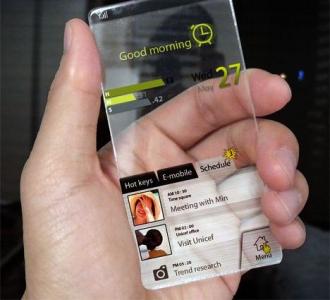This article is about the ethics of using mobile technologies to deliver, enhance and support learning in developing regions of the world. The people exploring the possibilities of using mobile technologies in these ways are clearly good, nice people who are determined to do good, nice things. So, this should really be a short article.
However, earlier examples of education and technology deployment in developing countries suggest that this may not be as easy and clean as we are led to believe. Recent personal experiences suggest the using mobile tech to enhance learning is a complex and troubling topic, with a strongly counter-intuitive dimension where ethical concerns permeate both the means and the ends.
Read more
However, earlier examples of education and technology deployment in developing countries suggest that this may not be as easy and clean as we are led to believe. Recent personal experiences suggest the using mobile tech to enhance learning is a complex and troubling topic, with a strongly counter-intuitive dimension where ethical concerns permeate both the means and the ends.
Read more




 RSS Feed
RSS Feed